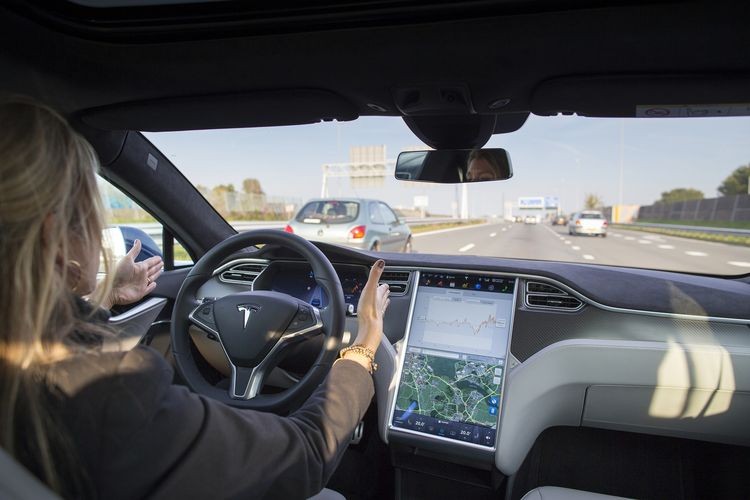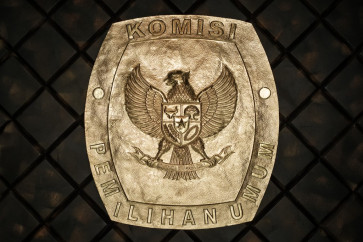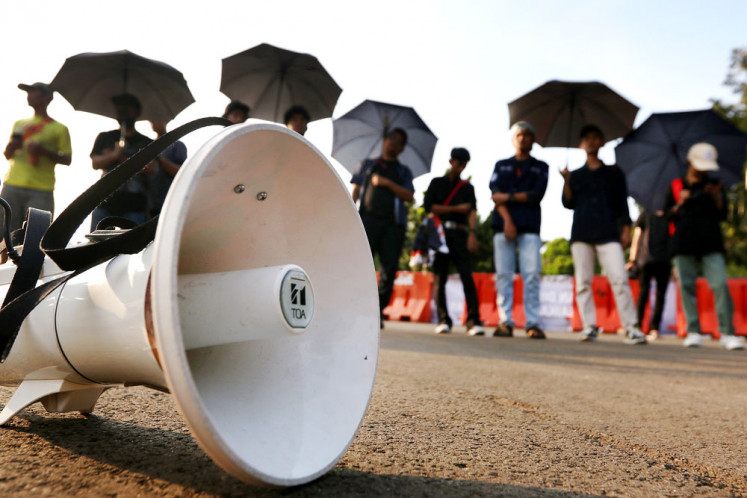Robot cars ride to the rescue of a long-derided industry: Gadfly
Change Size
 Self-driving cars will no longer be required to have a licensed driver. (Bloomberg/File)
Self-driving cars will no longer be required to have a licensed driver. (Bloomberg/File)
E
urope's oft-derided chipmakers are enjoying a moment. Driven by their strength in chips for cars and a acquisition boom, shares in Germany's Infineon Technologies AG and Franco-Italian STMicroelectronics NV have reached five-year highs.
While their situations are different, the usual critique of Infineon and STMicro compared with U.S. and Asian peers is that they’re saddled with factories in high-cost locales and have limited scope for staff cuts given tough labor laws. In STMicro's case, having the French and Italian government as big shareholders makes it harder to react to rapid technological change.
These realities explain why neither has been snapped up even as the sector was reshaped by nearly $200 billion of takeovers in the past three years. Their cousin NXP Semiconductors NV, Europe's biggest chipmaker by sales, is being bought by Qualcomm Inc. for $47 billion including debt.
Yet Infineon and STMicro seem to be managing their limitations. They've focused on areas -- autos and industrials for Infineon; autos and smartphones for STMicro -- that are smaller than other segments but growing faster than the overall chip market.
Take autos. Even if Elon Musk's dream of a car that can drive itself cross-country this year proves illusory, the vehicles of today are stuffed with tons of electronics from their entertainment systems to their engines. The average car had about $330 of chip content in 2015, according to Bloomberg Intelligence, and that may increase to $380 by 2019. Auto chip sales should rise an average of 6 percent each year between 2016 to 2020.
The importance of autos showed in Infineon's fiscal first-quarter results on Thursday. Profit margins in the segment were 16.2 percent versus the group average of 15 percent, helping it beat expectations on operating profit. STMicro reported a strong fourth quarter last week, with a gross margin of 37.5 percent, a level not seen for three years.
(Read also: Honda, Google in talks on self-driving vehicle partnership)
A big question is whether valuations have gotten ahead of themselves. The Philadelphia Stock Exchange Semiconductor Index rose 60 percent in the past year. I've pointed out the oddity of this when underlying demand for chips was quite poor, but the sector has marched upwards. Even so, analysts at Morgan Stanley cut their STMicro rating to under-perform last month, and were already negative on Infineon.
Some of the rise in their shares is explained by global chip sales, predicted to increase 7.2 percent this year to $364.1 billion, according to Gartner Inc. Growth was 1.5 percent in 2016.
The rest probably comes from hope of more deals. But with valuations high and the ranks of targets thinner, matching last year's deal volume is far from certain. Nor is it obvious why European chipmakers should benefit from a takeover premium. At STMicro, the state shareholders act as an effective poison pill, although partnerships are possible.
While Infineon's CEO Reinhard Ploss has acknowledged that his company might be a target, its price would be too much for most buyers, according to Bloomberg Intelligence analyst Anand Srinivasan. The enterprise value is about $20 billion, so slap on a 30 percent premium and that's a lot of money. Texas Instruments could afford it but its management says it doesn't need deals, especially at inflated prices. The Chinese have ambitions in chips and automation, but would Germany be as relaxed as it was about Midea Group's purchase of robot-maker Kuka AG? The Americans stepped in to reject a China bid for Germany's Aixtron SE.
So by all means, let's celebrate that European companies are positioned well in the race to equip autonomous and electric cars. But shareholders should beware of driving into a wall.
This column does not necessarily reflect the opinion of Bloomberg LP and its owners.
Leila Abboud is a Bloomberg Gadfly columnist covering technology. She previously worked for Reuters and the Wall Street Journal.
To contact the author of this story: Leila Abboud in Paris at labboud@bloomberg.net To contact the editor responsible for this story: James Boxell at jboxell@bloomberg.net









